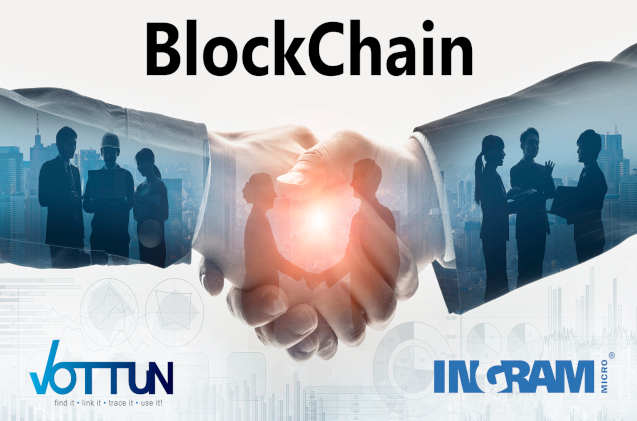Unveiling Vottun: Transforming Credentials in the Digital Era
Introduction:
In the rapidly evolving landscape of blockchain technology, Vottun emerges as a pioneering force reshaping the way we perceive and manage credentials. Whether viewed from an economic, technical, or social perspective, Vottun stands as a testament to the transformative power of decentralized technologies. This article delves into the multifaceted aspects of Vottun, exploring its economic implications, technical innovations, and its potential to foster social change.
Economic Perspective:
At its core, Vottun disrupts traditional approaches to credentialing, offering a secure and verifiable solution that has profound economic implications. The decentralized nature of blockchain ensures that credentials stored on Vottun are tamper-proof, reducing the risk of fraudulent activities. This newfound trust in credentials can streamline various economic processes, from recruitment to procurement, creating a more efficient and reliable ecosystem.
Vottun's integration of blockchain technology also introduces the concept of tokenization, allowing credentials to be represented as digital assets. This opens up new avenues for economic transactions within the Vottun ecosystem, as these tokenized credentials can be traded or exchanged securely, minimizing the need for intermediaries.
Technical Innovation:
From a technical standpoint, Vottun leverages the power of blockchain to redefine how we manage and authenticate credentials. The use of smart contracts enables automated and self-executing agreements, eliminating the need for centralized authorities to validate credentials manually. This not only speeds up the verification process but also reduces the potential for human error.
The Vottun protocol incorporates the principles of decentralization, ensuring that no single entity has control over the entire credentialing system. This distributed architecture enhances security and resilience, mitigating the risks associated with centralized databases susceptible to hacking or unauthorized access.
Furthermore, Vottun embraces interoperability, allowing seamless integration with other blockchain platforms and technologies. This interoperability enhances the versatility of Vottun, making it adaptable to various industries and use cases, from academic credentials to professional certifications.
Social Impact:
Beyond economics and technology, Vottun holds the potential to bring about significant social change by empowering individuals and communities. The transparent and decentralized nature of Vottun ensures that credentials are accessible and verifiable by anyone, fostering inclusivity and reducing barriers to opportunities.
The platform's emphasis on user-centric identity and privacy aligns with the growing demand for individuals to have greater control over their personal data. Vottun's decentralized identity solutions contribute to a paradigm shift where users regain ownership of their credentials, mitigating concerns related to data breaches and privacy violations.
Moreover, Vottun's impact extends to areas such as education and workforce development, where the platform can facilitate the recognition of skills and achievements on a global scale. This can create a more meritocratic society, where individuals are recognized and rewarded based on their actual capabilities rather than on traditional credentials.
Conclusion:
In conclusion, Vottun stands at the forefront of a credentialing revolution, challenging existing paradigms and introducing a new era of trust, efficiency, and empowerment. Whether analyzed from an economic, technical, or social perspective, Vottun's decentralized and blockchain-driven approach has the potential to reshape industries, redefine economic transactions, and empower individuals on a global scale. As we navigate the complexities of the digital age, Vottun emerges as a beacon of innovation, pointing the way towards a more secure, transparent, and inclusive future.





Publicar un comentario
0 Comentarios